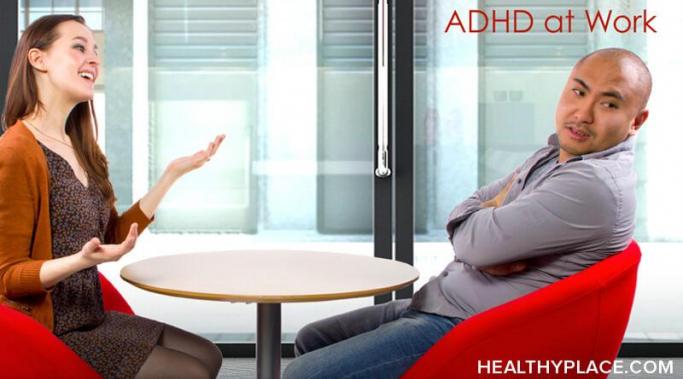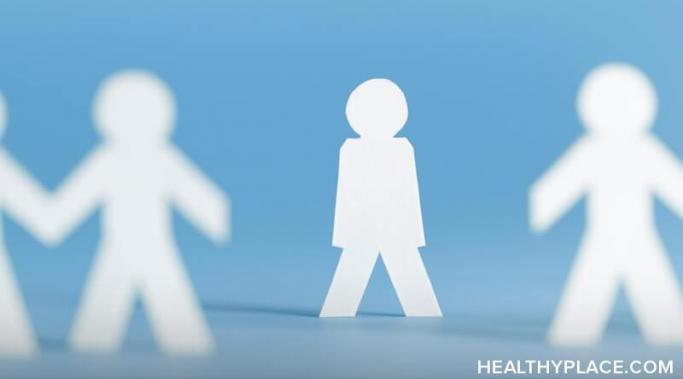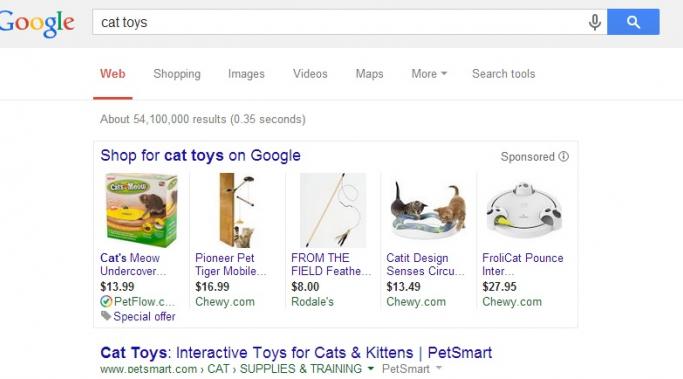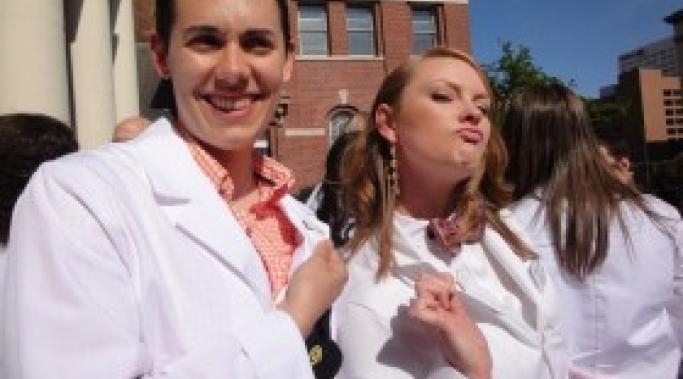Even before I was diagnosed with attention-deficit/hyperactivity disorder (ADHD) or knew the symptom of ADHD overstimulation could result in a dramatic panic attack,1 I'd been nervous about attending my first music festival.
ADHD Relationships
When I was undiagnosed with attention-deficit/hyperactivity disorder (ADHD), and I'd gotten into arguments with romantic partners, I regularly found myself unable to form a coherent sentence. I wanted to say so many things, but trying to transfer those thoughts from my head to my mouth left me feeling like I'd eaten a too-large spoonful of mashed potatoes and was now being asked to sing the national anthem live on television. My body would tense with anxiety. My mind would be a chaotic whirlwind of TV static, and when I opened my mouth, all that came out was a long, irritating beep letting everyone know the channel was not accessible.
After being diagnosed with attention-deficit/hyperactivity disorder (ADHD), I went through several stages before coming to full acceptance of the disorder. I don't know what it is about life after an official diagnosis, but I experienced everything from liberating aha moments to depression and despair.
Everyone processes their emotions differently post-diagnosis—so I thought it would be helpful to share my timeline for those who've been recently diagnosed and/or struggling.
The stages are listed in the order they were experienced.
After receiving a clinical diagnosis for "mild inattentive attention-deficit/hyperactivity disorder (ADHD)," something strange happened. What I thought would be liberation turned into weeks, if not months of self-loathing and debility. Instead of learning how to coexist with my ADHD, I became it.
People with attention-deficit/hyperactivity disorder (ADHD) face many challenges at work, but there are ways to help them excel.* A nine-to-five office job is difficult for many people, especially those with ADHD. I personally like the structure and stability of that kind of position, but the idea of doing something in the same place for eight hours, often under someone else's supervision, is daunting. That said, the following advice applies to a variety of jobs, traditional or not.
Psychiatrist William Dodson developed a term specifically applicable to people with attention-deficit/hyperactivity disorder (ADHD): rejection sensitive dysphoria (RSD). Rejection sensitive dysphoria applies to people with ADHD because ADHDers tend to be particularly sensitive. While the existence of RSD is up for debate, the emotionality of ADHDers is not. Many with the disorder agree that they are extremely sensitive to rejection, criticism, and failure.
When we are in a relationship with another person, there are thing we excel at and there are things they excel at. Why not find out what you're best at and what they are, and then tag team the heck out of life?
I've got my computer tuned to one of those fun websites that let's you watch a ton of television and I'm watching season four of Top Chef. There is one person on this season that has got me wondering how we, those of us with attention-deficit/hyperactivity disorder (ADHD), look to others. I have zero idea whether he has adult ADHD, but it sure does seem like it. What do I mean by that?
Adult attention-deficity/hyperactivity disorder (ADHD) can make boring tasks seem extra boring. We're all adults here (unless you're a kiddo - in that case, you can have boring, adult tasks to look forward to) and we all have chores that we typically do not receive any allowance money for. I never got an allowance when I was a kid and it seemed so unfair when my friends got a few dollars every week for just being their parents' kid. As adults, what do we get for completing boring, required, necessary, horrible, daily tasks? How about a gold medal?!
Yes, it's true. People with adult attention-deficit/hyperactivity disorder (ADHD) have friends. Well, maybe not all of us, because it's certainly a possibility that one person with adult ADHD doesn't have friends. So, let me re-start. Yes, it's true. Many of us with adult ADHD have friends and we can totally use them to our advantage. That statement definitely sounds like I mean for us to abuse our friends, but wait, dear reader, and see what I mean.









